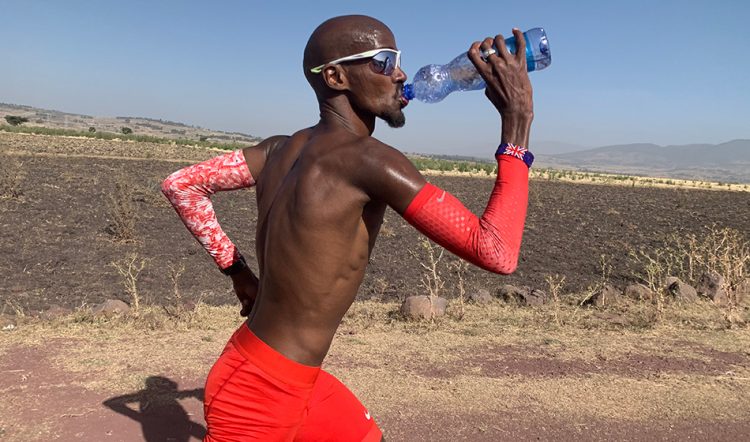Physiologist and former head of endurance at UKA says Farah’s global 5000m and 10,000m titles were due to meticulous planning, hard work and determination as opposed to ‘some magical drug or illicit aid’
A new book by Barry Fudge, the endurance coach and physiologist, describes Mo Farah as “the most decorated distance runner ever” before adding: “Sometimes misunderstood.”
Fudge refers to the 10 Olympic and world track titles that Farah won during a golden period from 2011 to 2017, but also the controversies that followed Farah around, most notably when Alberto Salazar, the coach who guided him to Olympic victories in London 2012, was later banned for breaking anti-doping rules.
This short book by Fudge has the tongue-in-cheek title “Why I Hate Running” and it is intended to whet the appetite ahead of a bigger sequel about the general training principles behind endurance running.
Certainly, for those interested in what makes Farah tick, it is a fascinating read. Fudge, who is now head coach in Saudi Arabia after leaving UK Athletics in 2020, does not ignore the thorny topic of Salazar as he talks about the stresses and strains it created on the lives of himself and Farah.
On the secrets of Farah’s success, Fudge says: “Between 2010 and 2017, Mo experienced a period of remarkable stability. He remained largely injury-free, avoiding the major setbacks that often derail even the most promising athletes. This longevity at the top wasn’t due to luck or some secret advantage; it was the result of meticulous planning, prompt problem-solving, and the ability to see the bigger picture when it mattered most.
“Some skeptics whispered that Mo’s sustained success must be due to some magical drug or illicit aid. But those of us who worked closely with him knew the truth. There was no magic — only an unwavering commitment to consistency and excellence in every aspect of his preparation.”
In the book Fudge talks about how he met Farah during the early stages of his senior career and mapped out their goals and how they were going to get there. The centrepiece to this was a concept dubbed “own the start line”.
In the spring of 2010 his stats included a 5000m best of 13:09.14, 1500m best of 3:33.98, body weight of 58kg and a support team that is described in the book as “disorganised, with no cohesive strategy toward the Olympic goal”.
Yet by the time the London Olympics approached he had run 12:53.11 for 5000m, training…
CLICK HERE to Read the Full Original Article at AW…

